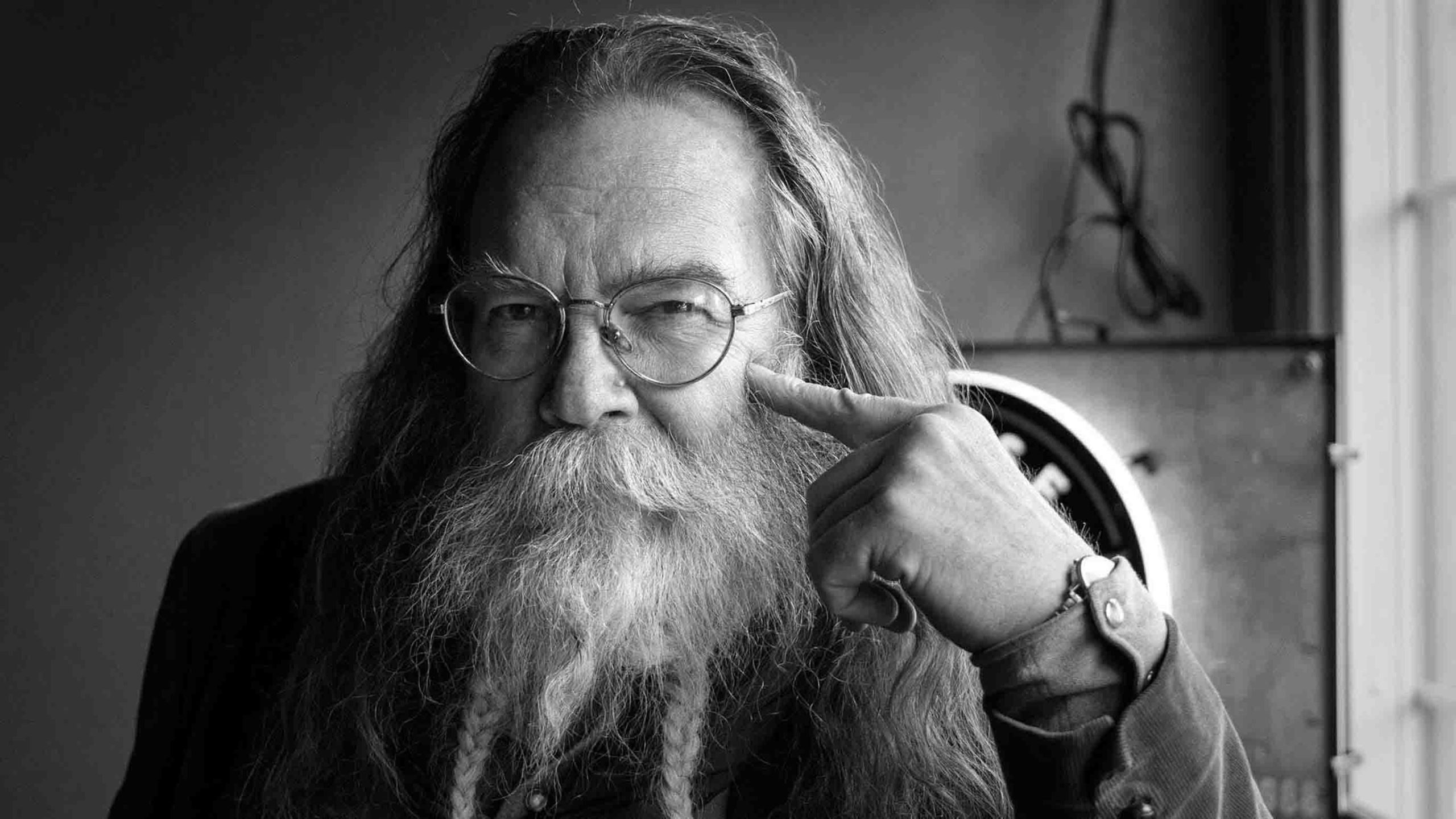(Warning: The following column contains graphic descriptions of state control over human death that some readers may find disturbing. Others may find it oddly comforting.)
During the first hundred millennia of human existence on Earth, death and the disposition of the dead was the province of the family, or the tribe. What we know of burial rites thousands of years ago leads us to conclude that the dead were buried, cremated or fed to eagles with respect and solemnity, according to the wishes of those involved both alive and dead.
For the last couple hundred years, though, government has usurped the roles of both family and religion in the interment of our dead. To me, this fact illustrates the extent to which government has insinuated itself into our lives. And into our deaths.
Modernity seems to have made us fearful and suspicious of death, which I find odd because, along with birth, it is the most common human experience that we all share. We have responded to this fear by investing death with a modern superstition that suits our capitalistic nature.
This new superstition holds no place for tradition or the priest, the shaman, the tribal elder or the family when it comes to the consecration of our mortal coils to the great beyond. Rather than relying on Charon to row us across the River Styx, we now place our trust in bumbling government officials and the entrenched professional “funeral industry” they have created.
We have swapped the sacred mystery of death for a business transaction.
To be fair, in Wyoming a family can still take responsibility for the body of a loved one, and bury Grandma or Grandpa according to their final wishes. The family can hold a service in the home, prepare the body and bury it outside of a cemetery, but they can only do so with permission from the government after a long process of paperwork and bureaucratic angst.
Without a family petitioning the government to have a reverent and humane send-off for a loved one, however, the default legal situation is to rely on the impersonal services of a coroner and a licensed funeral director to handle everything. For a stiff fee, of course.
The following, penned at a time when the funeral industry was flexing its muscle over our corpses, says it best.
“That a child has no such claim, no such exclusive power, no peculiar interest in the dead body of its parent, is so utterly inconsistent with every enlightened perception of personal right, so inexpressibly repulsive to every proper moral sense, that its adoption would be an eternal disgrace to American jurisprudence. The establishment of a right so sacred and precious, ought not to need any judicial precedent. Our courts of justice should place it, at once, where it should fundamentally rest forever, on the deepest and most unerring instincts of human nature; and hold it to be a self-evident right of humanity, entitled to legal protection, by every consideration of feeling, decency and Christian duty. The world does not contain a tribunal that would punish a son who should resist, even unto death, any attempt to mutilate his father’s corpse!” Ruggles, Samuel Ruggles – Law of Burial: Report to the Supreme Court of the State of New-York, 1856
With that in mind, here follows my own Living Will:
(1) I want my sons to conduct my burial, not some unknown bureaucrats.
(2) Under no circumstances will an embalmer replace the rich, warm Outlaw blood in my veins with Prestone.
(3) I want my grave dug by a friend, and my sons to wrap me in that old wool soogan that I’ve kept with me most of my life for cold nights. (You’ll find it on top of my bookcase, boys)
(4) Before any dirt is tossed on top of my faithful meat suit, I want to hear the Grateful Dead’s “Ripple” and Bob Marleys “Redemption Song” played loud enough to wake the dead
.(5) I want to be buried in an unmarked grave on the Gangplank. When my grandkids are driving on I-80, they can gesture expansively toward the summit and say, “There’s Grandpa”
(6) If this arrangement pisses off some bureaucrats, I invite them to read the Ruggles quote above more closely, paying particular attention to a son’s responsibility toward his dead father
(7) This testament supersedes my former living will in which my ashes were to be surreptitiously placed into the pepper shakers in Taco Johns throughout Wyoming by four unnamed men.
After all….My corpse, my choice.





